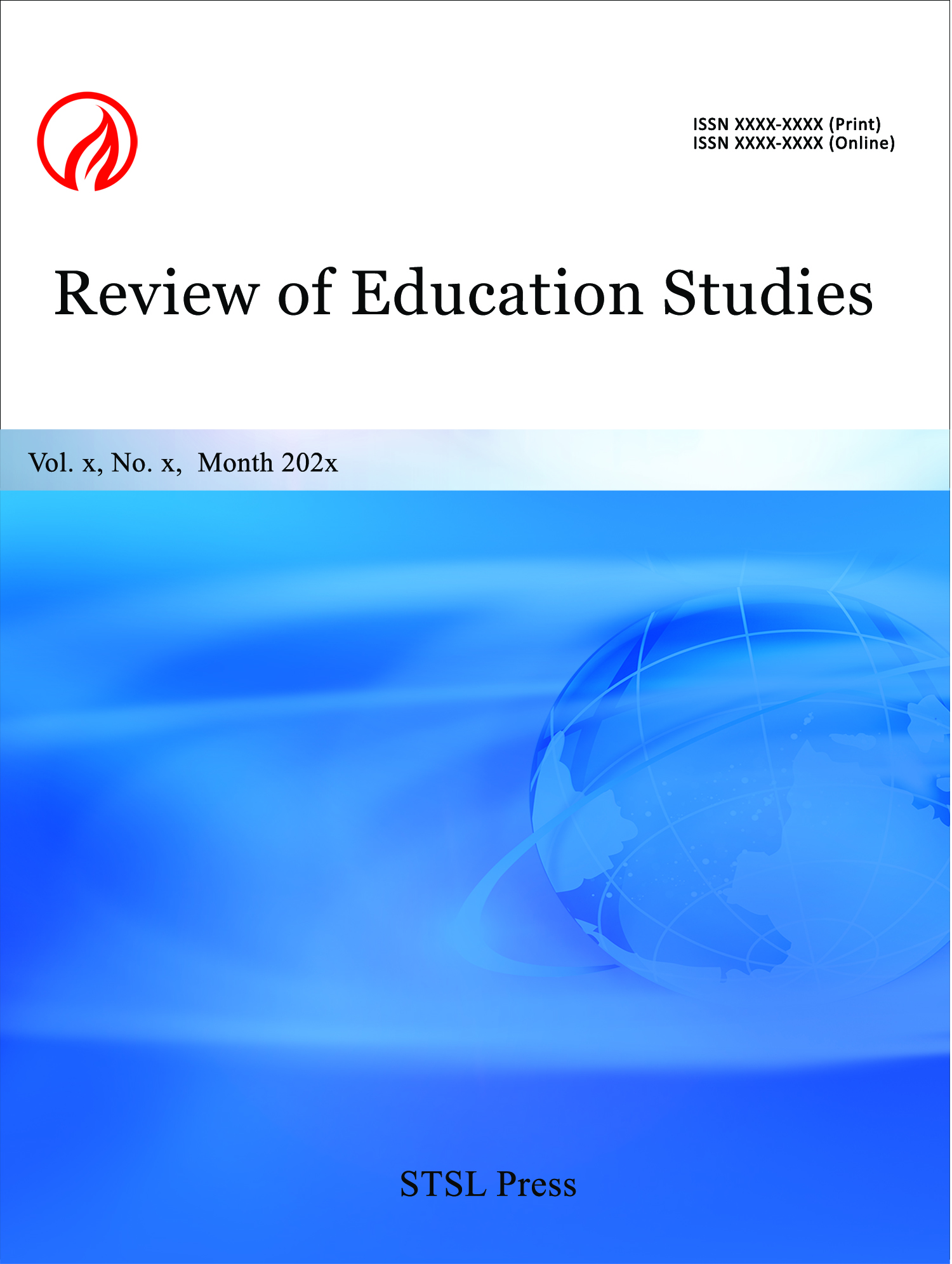Survey Response Bias in Comparing Samples from Confucian Asia and North America: Item Type Matters
Robert A. Culpepper, Ph.D.
Abstract
Research addressing survey response bias among samples from Asian countries with a Confucian legacy, such as China, Korea, and Japan, have been hindered for decades by contradictory theory and inconsistent empirical findings. One theoretical perspective, invoking the Confucian legacy and modesty norms, claims that respondents from these countries choose middle values on Likert-type items, while an opposing perspective, also citing Confucian influences, predicts that respondents from Confucian Asia will choose extreme values. I the latter case rating decisions are said to be formed with reference to a sense of folk knowledge, or what is generally and widely known. Interestingly, each of the diametrically opposed claims have garnered a good deal of empirical support. This paper argues that the disparity found in the literature can be resolved by taking item rating type into account. Previous studies observing the Confucian Asia extreme response pattern have tended to use nomothetic items in which subjects respond to general statements with wide or universal application or about factual information. On the other hand, studies obtaining midpoint or modesty bias largely have employed idiographic items which require a judgement about a particular case, with no general application, and which commonly reference the self, another person such as one’s boss, or one’s employer. To test this distinction between nomothetic and idiographic ratings, a convenience sample of Chinese and American managers sample was employed. Chinese respondents exhibited significantly higher midpoint scores for items requiring idiographic ratings and significantly higher extreme response scores for nomothetic and factual information-related judgements than did American respondents. This pattern resulted despite item stems being held constant, with respondents asked to make idiographic, nomothetic, and factual/informational ratings referent to the same item stem.
Paper:
pdf
DOI:
https://doi.org/10.71002/res.v4n3p36
 This work is licensed under a
Creative Commons Attribution 4.0 License.
This work is licensed under a
Creative Commons Attribution 4.0 License.
Contact us
- Jennifer Smith
- res@stslpress.org
